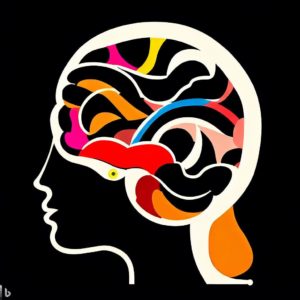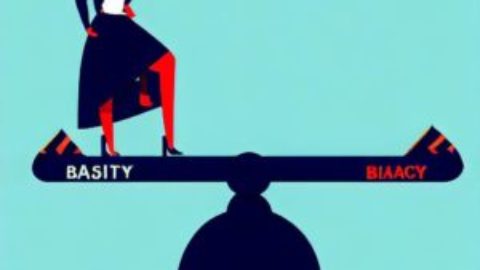
Ever noticed that when you’re empathizing with someone, you tend to feel stressed out? It’s not just you – it’s a universal human reaction. But there’s a way around it, and it’s simpler than you might think. It’s called compassion.
Empathy and Compassion: What’s the Difference?
Let’s consider a scenario: you’re having a chat with a friend who’s going through a tough time. You truly feel for them, you’re trying to understand their distress, and this sensation is what we call empathy. However, empathizing can be quite a burden – you’re essentially mirroring your friend’s emotions, which might leave you feeling stressed and worn out.
But, what if you approach the same situation with compassion? You’re still acknowledging your friend’s struggle, you still want to help, but you’re offering warmth, care, and love from a place of serenity, instead of sharing their distress.
Doesn’t that feel different? Instead of carrying their burden, you’re helping lighten their load.
Compassion and Empathy: A Look Inside the Brain
What’s interesting is that empathy and compassion trigger different parts of our brain. When you empathize, you activate the areas responsible for mirroring emotions. This is why you might experience similar stress or pain that the other person is feeling. On the other hand, compassion engages the areas of the brain associated with love and care, generating a sense of calmness and positivity.
Delving Deeper
- Empathy as a Stress Response: When you empathize, you’re sharing both emotional and physiological states. If someone is stressed, your body might mimic that stress state, triggering a fight-or-flight response. Over time, constantly empathizing can lead to burnout.
- Compassion as a Calming Response: Unlike empathy, compassion doesn’t involve mirroring someone’s negative state. It’s about understanding their suffering and desiring to help from a place of calmness and love.
Practicing Compassion
Now, you might be asking, “How can I cultivate compassion?” Here’s a simple method often used in laboratory studies. It involves meditation and works like this: First, put yourself in a calm, peaceful environment. Next, visualize your own suffering and send love towards it. Then extend that same love and warmth towards a friend, a stranger, and finally, the whole community.
The Beauty of Compassion
What sets compassion apart is that it’s an active response. You’re proactively sending love and warmth to others, not just passively experiencing their pain. This active stance is what makes compassion beneficial for both you and the person you’re aiding.
Additionally, compassion provides a safe, judgment-free space for others to navigate their feelings. It strengthens the bond between people and fosters a healthier approach to dealing with problems.
Conclusion
Understanding the difference between empathy and compassion is crucial. While empathy has its place, it can lead to emotional exhaustion. In contrast, compassion fosters a sense of calmness and connectedness, offering a healthier alternative for both you and the person you’re supporting.
So, remember, next time you’re trying to be there for someone, opt for compassion over empathy. It’ll make a difference – for both of you.
Key Takeaways
- Empathy involves feeling someone else’s emotions, which can trigger stress responses in your body.
- Compassion, on the other hand, is understanding someone’s struggle and wanting to help from a place of calm and love.
- Practicing compassion involves visualizing suffering and sending love and warmth, not only to yourself but to others as well.
- Compassion is an active stance, which creates a safe and judgment-free space for others, ultimately strengthening the bond between people.
Next Steps
Let’s transform the way we connect with others. The next time someone you care about is in distress, try to approach the situation with compassion. Observe the change in your emotional state, and notice the impact on the other person. In this journey of fostering better connections, remember – you’re not alone. We’re all on this path together, one step at a time.
Stay compassionate, stay connected.






